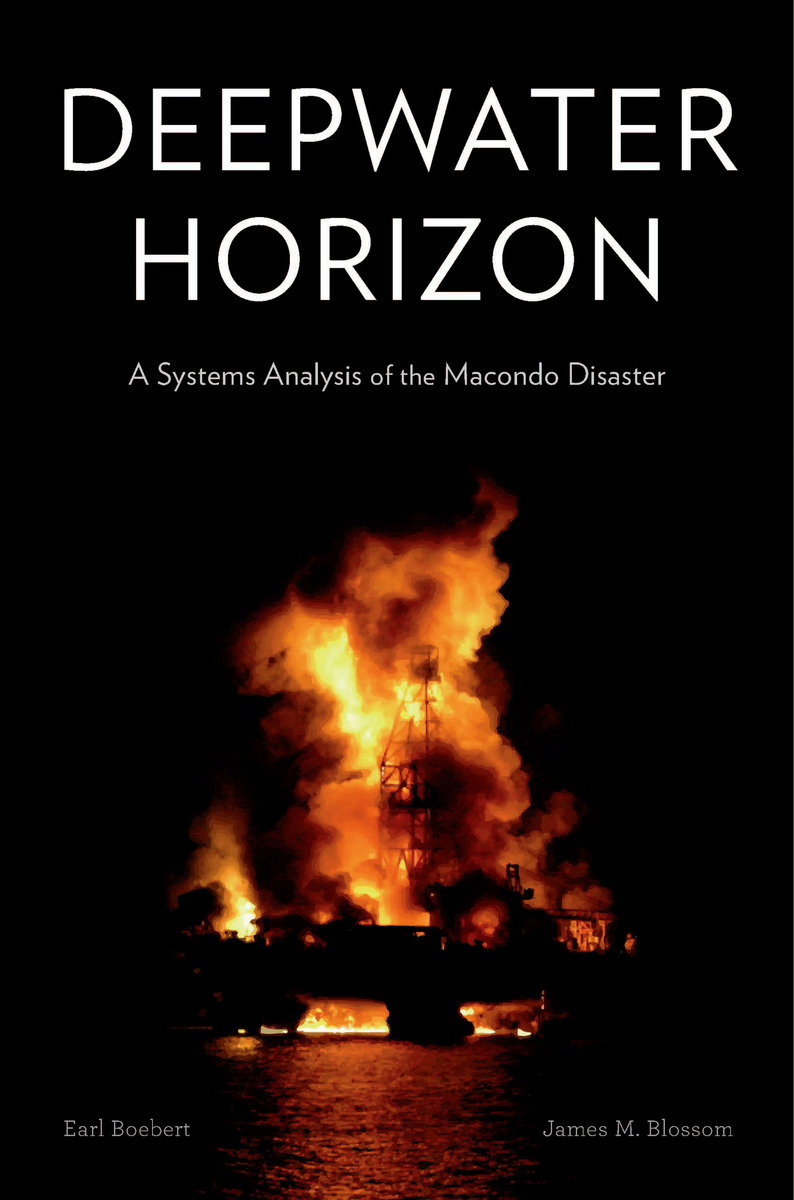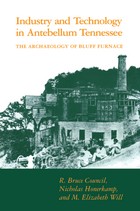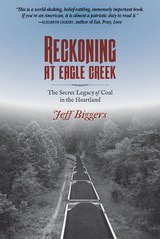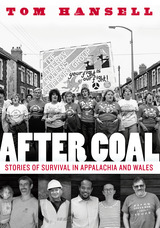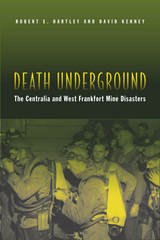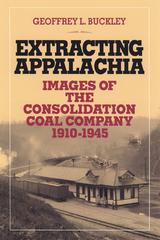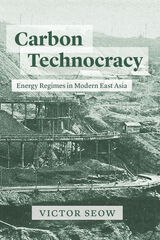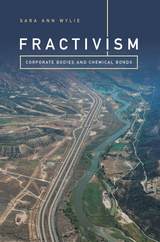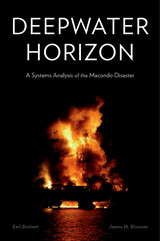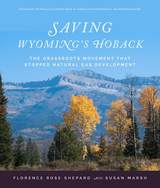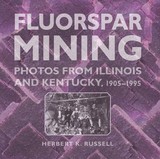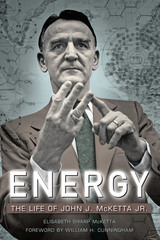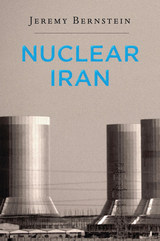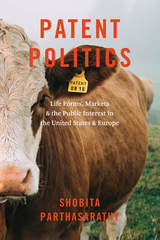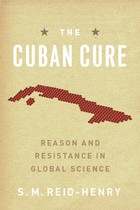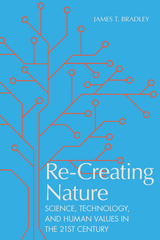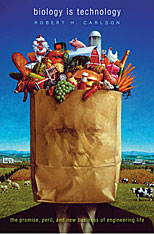This book offers an extremely methodical approach to the BP Deepwater Horizon oil spill. It is written in a concise, no-nonsense style, and couched in terms that a layman can understand. It is a highly original work with a well-structured argument, providing insight into the BP oil spill unavailable elsewhere. A thoroughly recommended read not only for oilfield professionals, but for all concerned parties.
-- Alastair R. Fleck, Shell Global Solutions
Deepwater Horizon: A Systems Analysis of the Macondo Disaster shines a spotlight on the very high-risk situations that demand a consistent systems approach at all levels and from all parties. It demonstrates that—however popular or trendy they are today—streamlined, agile approaches don’t work in all situations. This book will be of value to business and engineering audiences, as well as anyone interested in technology policy.
-- Marjory S. Blumenthal, technology policy expert
Deepwater Horizon is the definitive work on an event that not only had enormous ecological repercussions, but which also shook the oil industry to its foundations. Meticulously researched, the explanation of the disaster will be comprehensible to the interested layman, while numerous annotations add depth and detail for academics and professionals. The authors’ purpose is to analyze the event, detail the lessons learned, and thereby make everyone safer. The book fulfills the first two aims admirably, and the rest is up to us.
-- Andrew Kay, independent oilfield consultant
Modern organization theory emphasizes the central role that organizational culture and structure play in outcomes, and though this book is not on organization theory per se, it is destined to be a classic case study in the field. A great deal of safety analysis focuses on searches for the root cause of accidents and disasters, but the Deepwater Horizon incident demonstrates that the causality of some disasters has a fundamentally multifactor nature. This book should be read by anyone concerned with safety of large complex systems.
-- Herb Lin, Stanford University
Readers wanting to know just what happened and why in the Deepwater Horizon disaster will never find a better book.
-- Steve Donoghue Open Letters Monthly
Two senior systems engineers offer a comprehensive account of BP’s Deepwater Horizon oil spill, where escaping gas and oil destroyed the rig, killing 11, injuring dozens and creating the worst human-made ecological disaster ever in the Gulf of Mexico. The book sifts through the evidence, challenging the common explanation that the crew, under pressure to cut costs, made mistakes compounded by a safety device failure. Instead, individually innocuous corporate and engineering decisions combined to create the disaster. The complex interactions of technology, people and procedures involved in offshore drilling illustrate a systems approach that yields a better understanding of how to prevent similar disasters in the future.
-- ISE Magazine
Most accounts of the Deepwater Horizon disaster dwell on the drama of the rig’s last hours, as the crew struggled to cope with the well blowout and then fought to survive. Those events are also part of Boebert and Blossom’s story, but the scope of their narrative is broader. Much of the action takes place deep underground, where drilling technology meets the uncertainties of geology, or else miles away in BP’s Houston offices. Their approach is analytic rather than dramatic. Theirs is the account for readers who want to understand how such disasters come about and what strategies might have the best chance of preventing more of them.
-- Brian Hayes American Scientist
